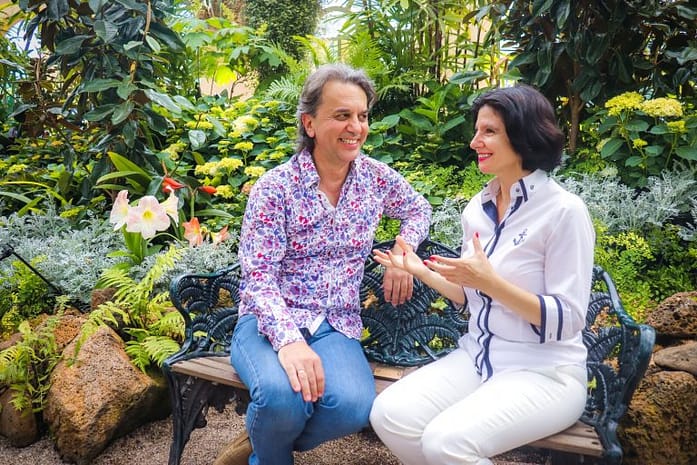

Blushing easily or stuttering when trying to speak
Shaking or trembling
Sweating excessively
Feeling nauseous
Worrying about social situations in advance
Negative self-talk
Assuming that other people are judgemental
Difficulty making or maintaining an eye contact
Using alcohol or drugs to ‘cope’ with social situations
Avoiding social situations, even if this means missing out on something important
These symptoms can significantly affect an individual’s daily life, including school, work, and interpersonal relationships. Without proper treatment, these people may not achieve their highest potential in life, as they may avoid participating in important group tasks, speaking in public, or getting a promotion. If left untreated, social anxiety can lead to the development of other mental health illnesses, such as depression or substance abuse.
When you’re feeling nervous or anxious about facing a social situation, you can try some of the below strategies for overcoming anxiety:
Focus on Your Breathing
Slow breathing is a beneficial technique that helps you slow down your breathing when feeling nervous or anxious. How can you do it properly?
Why is it important to develop good communication skills? If you’re avoiding eye contact, speaking quietly, or standing far away from others, you’re unconsciously conveying the following message: “Stay away from me!”
Good communication skills are the key to developing friendships and to building a strong social support network. Building positive relationships with other people can greatly reduce the feelings of social anxiety in your life.
If you’re socially anxious, you may have difficulties expressing your thoughts and feelings openly. Therefore, it’s important to learn to be assertive when interacting with others. Assertive communication is an effective style of communication in which individuals clearly express their needs, feelings, and opinions in an open and respectful manner that doesn’t violate the rights of others. Assertiveness is a skill and, like any other skill, is something you can develop and master with practice, even if you are unused to being assertive. To communicate assertively, you need to learn to verbally express your thoughts and feelings in the communication by using “I” statements. For example, you might say:
“When you didn’t respond to my suggestion in the meeting, I felt hurt and angry because it seemed that you did not value what I had to say. What I would like in future is to be given space to express suggestions and ideas. Thank you for listening to me.”
To improve your verbal and non-verbal communication skills, you may also pay attention to the following:

Remember that no one was born with good communication skills. Effective communication skills are learned through repeated practice! As you become more skilled at communicating in this way, you’ll feel more comfortable, and soon it‘ll sound natural to you.
Find more tips on how to become a more confident communicator, and express your opinions in an open, clear and respectful manner see our program: Become a Confident Communicator.
The most effective way to overcome social anxiety is through exposure therapy with a trained professional. Remember that social anxiety is treatable and seeking professional help is the most important step to recovery.